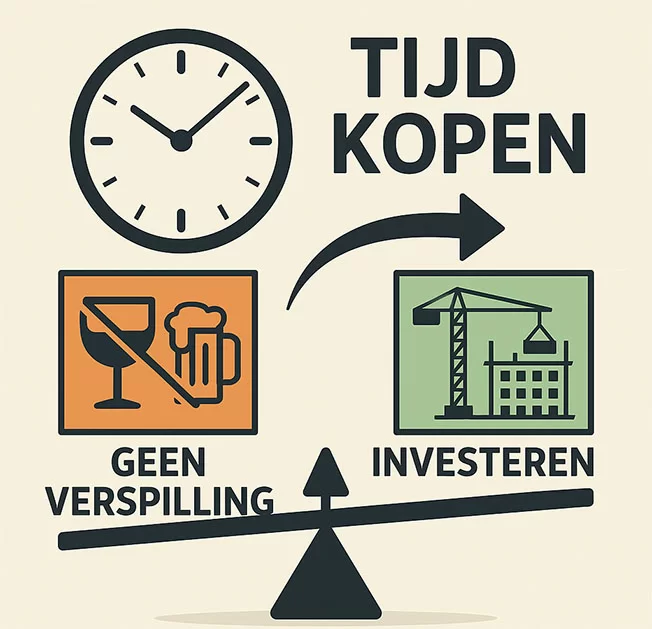Suriname is grappling with a severe financial crisis as it faces the daunting task of repaying over USD 400 million starting in 2026. With no immediate solutions in sight, the government has opted to restructure its debts, a move deemed necessary by experts like VES Chairman Steven Debipersad. The strategy aims to buy time until 2028, when oil revenues are expected to flow in. However, the pressing question remains: how will this time be utilized? While the Ministry of Finance & Planning is engaged in complex negotiations with the Bank of America, other government departments continue to operate as usual, indulging in lavish spending and ceremonial activities. This stark contrast has eroded public and international trust. The lack of clear communication has led to misconceptions, with many believing Suriname is ‘buying off’ its debts. In reality, the country is merely deferring payments, incurring higher interest rates (7.95%) and extending the repayment period to 2033. The real challenge lies in whether this borrowed time will be used wisely to implement rational investments and clear policies, or if it will be squandered on short-term measures and loss-making enterprises. The world is watching closely, as the potential oil revenues could either save or destroy Suriname, depending on how the funds are managed. Time is not a solution; it is an opportunity to finally get things right after 50 years of independence.
